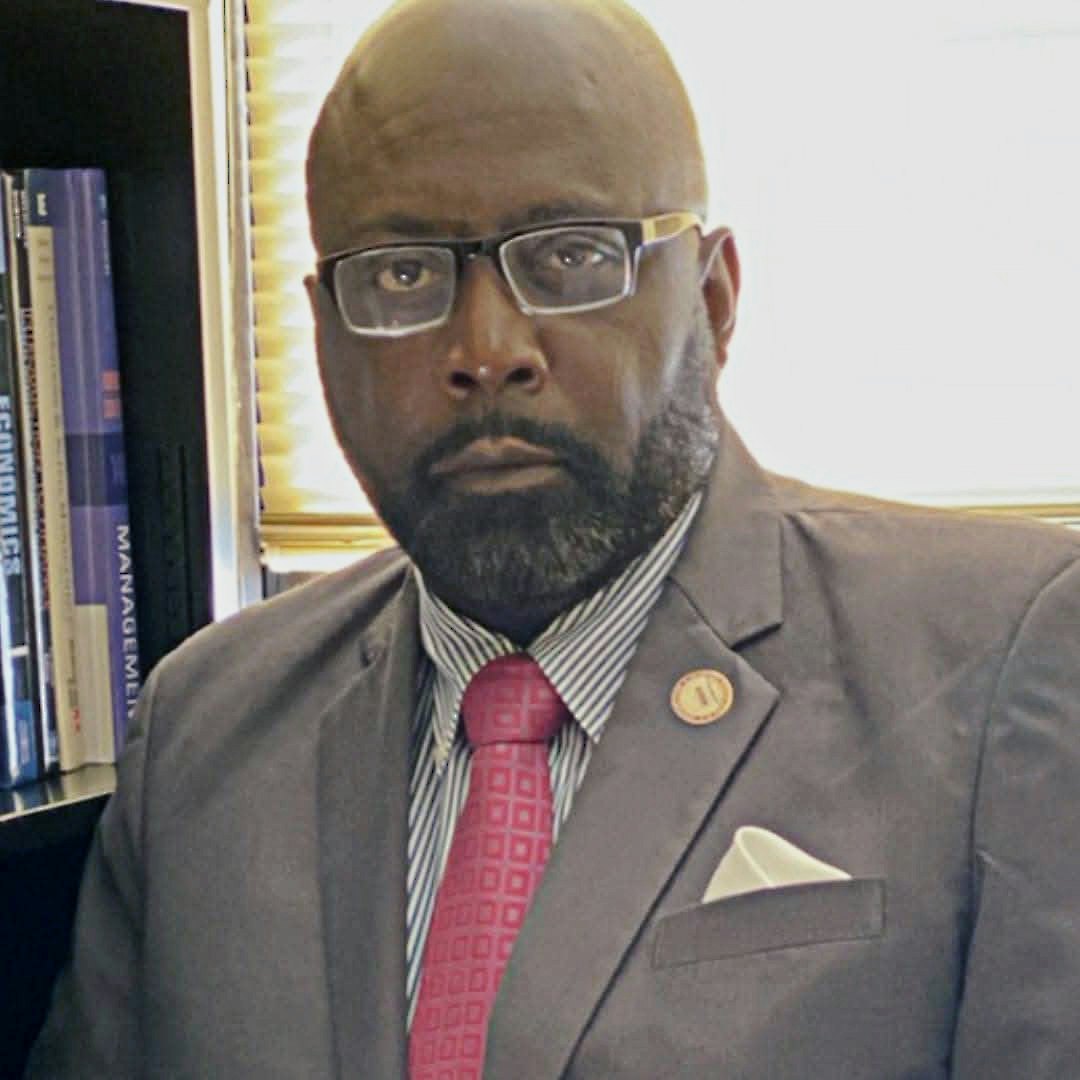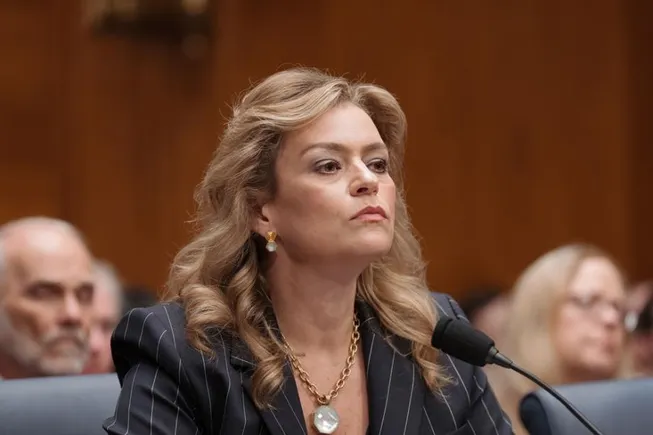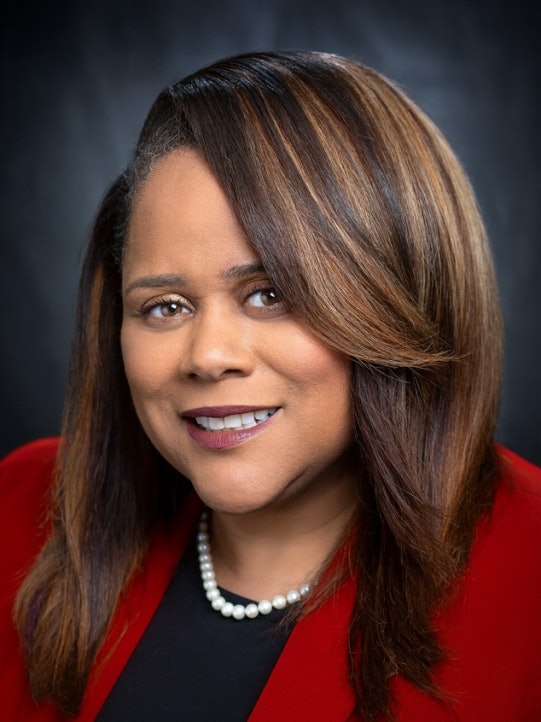“Governments will need to determine whether to persist with anti-immigration policies or recognize the critical role of skilled labor from abroad,” remarked Hans de Wit during his interview with WENR on the future of global education.
In a thoughtful conversation with WENR, Hans de Wit, a distinguished scholar in international higher education, offers his expertise on the evolving landscape of global academia. With decades of experience shaping and studying the dynamics of internationalization, de Wit deeply understands the challenges and opportunities facing universities today.
As the world faces geopolitical tensions, shifting student mobility patterns, the rise of artificial intelligence (AI), and a reassessment of higher education’s purpose, de Wit offers a critical perspective on how institutions can navigate these challenges. His insights into these broad developments—from the rise of nationalism and its impact on academic freedom to the role of new technologies in shaping access to education—provide an astute view of the future of international higher education.
The interview has been edited for brevity and clarity.
How can higher education institutions stay competitive and adaptable in an increasingly globalized market for international students, while balancing local, regional, and global priorities in their internationalization strategies?
Many countries in the Global North, as well as low- and middle-income countries in the Global South, face significant challenges in funding and prioritizing public higher education. Anti-immigration sentiment in countries like Australia, Canada, the Netherlands and the U.K., coupled with accommodation shortages, often lead to prioritizing local students over international ones. Countries like Türkiye, Viet Nam, and Indonesia on the contrary are increasingly recognizing the importance of attracting international students. At the same time, many students are now choosing to stay in the Global South instead of going to the Global North, with countries like Egypt, Pakistan, and Kazakhstan offering more affordable and accessible education in a welcoming environment.
This trend will likely continue, but public higher education institutions in the Global North are struggling to adapt.
In contrast, the private sector is more adaptable. While Europe is mostly public and the U.S. has a mix of private and non-profit institutions, the private sector is better equipped to respond to these shifts. For example, multinational private education companies like the Honoris United Universities, which operates in Africa, are creating new institutions and attracting international students. This trend is likely to continue, as the private sector can respond more quickly than public or non-profit institutions.
Over the past few years, global policies related to international student recruitment and mobility have shifted considerably. What is your take on the current policy environment, and where do you see it heading in the next decade?
The dominance of major Anglophone countries—such as the United States, the U.K., Canada, and Australia—is already being challenged, especially as more students opt to stay at home. This is particularly true in China, where the government is encouraging students to study locally for both quality and political reasons. We’re also witnessing a shift from undergraduate to graduate mobility, with more emerging undergraduate education in the Global South.
While top-ranking universities will continue to attract students, the undergraduate level is experiencing notable shifts. Countries like the U.K., Netherlands, and Canada are becoming more restrictive, while U.S. policies remain uncertain due to potential shifts from the Trump administration. The global landscape will offer students more options, with many opting to stay in Asia, the Middle East, or Latin America. There is also a rise in branch campuses in Central Asia, India, and elsewhere, and increasingly they are established by non-western institutions, for instance, China, India, and Russia.
However, the political climate in the high-income countries faces conflicts between intended actions and goals. For instance, the debate over H-1B visas in the U.S. highlights the contradiction between reducing international student numbers and the need for skilled labor. Governments will need to decide whether to continue anti-immigration policies or recognize the importance of skilled labor from abroad. This will have a significant impact on international student mobility and broader immigration policies.
Many believe that advancements in technology, such as AI and virtual learning environments, will transform higher education. What impact do you think these advancements will have? Will they help bridge or widen the gap in global access to education?
Technology is increasingly dominated by a few key players globally, such as Microsoft, Google, and Elon Musk’s ventures, and their Chinese competitors. These companies operate very differently from the academic community, which is driven by academic values, while these tech giants are driven by business interests. If their influence continues to expand, I’m not optimistic about the future.
Calls within the academic community to move away from platforms like X and Meta and create our own collaboration and social media platforms based on academic values are already emerging. However, creating such platforms is easier said than done. While technology can have positive effects, there are significant risks.
How can higher education institutions ensure equitable access to global learning opportunities, especially for underrepresented groups?
Top-ranked institutions, particularly Ivy League schools and other leading universities will likely continue to welcome international students and faculty due to their resources and flexibility. Most of them are from high-income families across the globe, but they will also continue to provide scholarships to high promising students from low- and mid-income families.
However, the impact will be more significant on mid-level and lower-ranked institutions, particularly in the public sector, as well as smaller private institutions in the U.S. they face challenges in attracting local students due to demographic developments, and need to attract students with high tuition fees, excluding those from lower-income, immigrant and international backgrounds. This trend could undermine inclusivity in higher education.
Do you think that, in the next decade, internationalization will support academic freedom globally, or will it shift toward more nationalist policies where countries focus on developing their own research approaches, moving away from Westernization?
Predicting the next 10 years is difficult, especially given how quickly things are changing. However, for the next four to five years, there will likely be more closure. The question is whether there will be a democratic or societal response to this shift. Personally, I’m pessimistic. I believe the next decade will pose more threats to academic freedom and autonomy, with a stronger nationalist approach, particularly in the Global North.
In countries like India, Viet Nam, and Türkiye, nationalism and international collaboration can coexist. These countries understand that international connections and talent are essential to improving their quality. In the Global South, nationalism tends to align more with international collaboration and student mobility.
In the Global North, however, nationalism is likely to lead to more inward-looking policies and fewer international students.
Beyond shifts in student demand and employer expectations, how do you see micro-credentials and skills-focused learning pathways transforming the structure and delivery of higher education? What impact could they have on institutional business models and the traditional markers of global academic prestige?
Micro-credentials and lifelong learning will have a significant impact, especially as companies feel university education no longer meets their needs. The trend toward tailor-made courses designed for employers is already expanding. The challenge is that most universities are not well-equipped to adapt to this demand, as they have not traditionally operated with this model in mind. Consequently, emerging private institutions, particularly for-profit ones, are stepping in. These institutions focus less on full degree programs and more on short, skills-based courses, such as short master’s programs and professional doctorates. While they are more flexible, this approach carries risks.
Focusing on market-driven skills may overlook disciplines like humanities and social sciences, which some see as too liberal or progressive. Private higher education is booming globally, particularly in Latin America, where over 50 percent of students attend private institutions. Similar trends are emerging in the Middle East, Asia, Africa, and even parts of Europe, such as Germany. Although this growth offers more opportunities, there is a danger that these institutions will prioritize profit over societal needs.
At the 2024 WES-CIHE Summer Institute, we heard a lot of discussion about the need to overcome the divide between academics and practitioners/policymakers. Why is this divide so important to overcome today, and what can be done to bridge it?
Connecting academic research with societal needs is crucial. If we isolate research from practice and policy, we risk losing relevance in solving societal problems. Without this connection, innovation may occur outside higher education, and it could even be counterproductive. For instance, in the Netherlands, the current government speaks about innovation but cuts funding for higher education and research, focusing on innovation driven by companies with short-term goals. However, meaningful innovation requires collaboration with the research community. We must make these connections not only for local or national issues but also to address global challenges like COVID-19 and climate change. These problems require collaboration between local and global academics and practitioners. Without maintaining these networks, we will be unable to solve critical global issues.
Looking back on your career, what do you consider your proudest achievement in the internationalization of higher education?
I’ve always felt it’s important to help others, especially the next generation, to think critically about international higher education. My motivation has been to create new PhDs, develop master’s and doctoral programs, and organize webinars, training courses, and workshops.
However, my most significant contribution is providing younger generations with a platform to discuss, learn, and grow. While I’ve learned much from them, I hope my efforts have helped build a new academic community that will positively impact the field of higher education in the long term.
* Hans de Wit is a Distinguished Fellow at the Center for International Higher Education (CIHE) at Boston College, USA, and Emeritus Professor of International Higher Education at the Lynch School of Education and Human Development. He served as the full-time director of CIHE from 2015 to 2020. Hans is an IAU Senior Fellow and has held leadership roles in international higher education, including founding editor of the Journal of Studies in International Education and co-editor of several journals and book series, including International Higher Education and Global Perspectives in Higher Education. He also served as past president of the Board of Trustees of World Education Services (WES). Hans has been involved in numerous projects related to the internationalization of higher education and has written extensively on the subject. He was the Director of the Centre for Higher Education Internationalisation at the Università Cattolica in Milan and was a past president of the European Association for International Education (EAIE). He holds a PhD from the University of Amsterdam.



























